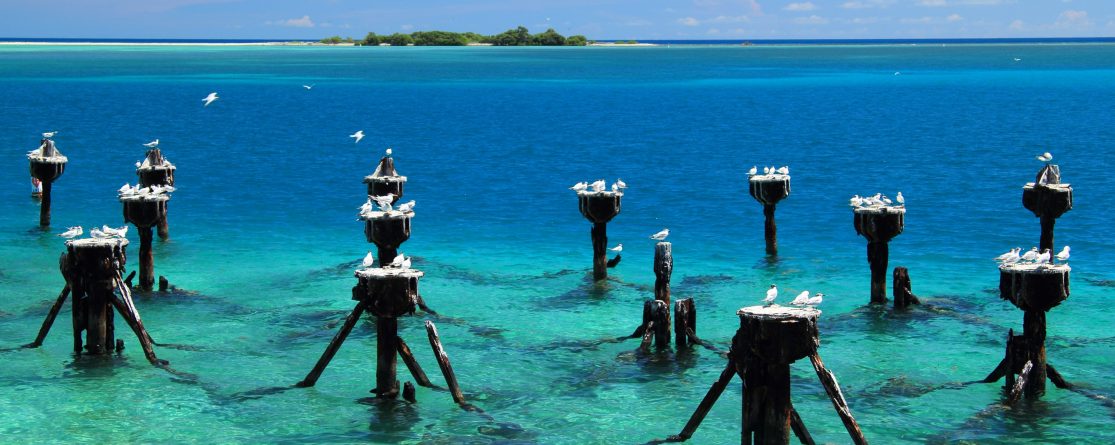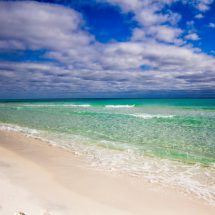So you want to get your Florida Insurance Claims Adjuster License? Good. The country’s third most populated state has no shortage of claims so whether you are a resident or a nonresident, Florida is one of the key licenses to possess if you want to have a successful career as a claims adjuster.
Florida offers several different types of adjuster licenses which can be a bit confusing if you’re new to the industry. It is important to choose the right one so you can get your license and get to work as soon as possible. In the past, Florida actually offered far more license classifications but thankfully, they’ve recently simplified the process. Today, there are 4 basic adjuster license types you need to know: the 6-20, 7-20, 70-20, and 3-20.
Our Florida Certified Adjuster Pre-Licensing Course fulfills the Florida Department of Financial Services prerequisites for the 6-20, 7-20, and 70-20 adjuster licenses. Students who complete our course and pass the included exam are exempt from the state adjuster exam and qualified to apply for their license.
It’s important to note that you, as the applicant, will designate which license you are applying for on your Florida application. This is not something a course provider or trainer completes on your behalf.
Florida 6-20 All-Lines Adjuster License
This license is for any resident of Florida looking to be a staff or independent adjuster. A “staff” or “company” adjuster is a salaried employee of one insurance carrier, such as Allstate or Progressive. An independent adjuster can work with a multitude of Independent Adjusting Firms, who may, in turn, be contracted with many different insurance carriers. Once you are contracted by an IA Firm, you may receive and work claims from several different insurers at the same time.
This license is also a required first step for the 3-20 public adjuster license, but we will cover more on that below.
Bottom Line: If you live in Florida and want to be an insurance adjuster, this is the license for you. More information on this license is available on the Department of Financial Services 6-20 page.
Florida 7-20 Nonresident All-Lines Adjuster License
This license is for any nonresident of Florida looking to handle Florida insurance claims. Most people who apply for this license are already licensed in their home state but want to be able to handle claims in Florida.
Just like the 6-20, this all-lines license is good for both staff and independent adjusters. The requirements to get this license are the same as the 6-20, but most adjusters will get this license through reciprocity.
Bottom Line: This is the license you’ll apply for if you’re a licensed adjuster in another state and wanting reciprocal licensing privileges in Florida. If you live in a state that does not license adjusters, we don’t recommend this license. (Keep reading below.) You can find more information on this license by visiting the Department of Financial Services 7-20 page.
How to Become an Insurance Adjuster in 5 Steps
Getting your home state or designated home state license is a great start. See what else it takes to establish a successful career in the insurance claims industry.
Florida 70-20 Nonresident Designated Home State (DHS) License
This license is for nonresidents of Florida who live in states that do not license insurance adjusters. If your home state does not require an adjuster license, you’ll want to obtain another state’s license and then designate it as your home state — now commonly referred to as a Designated Home State or DHS License.
If you live in Illinois for example, you don’t need an adjuster license to handle claims in that state. However, if you want to handle claims in any licensing state, or be employed by an IA Firm and deployed to handle disaster claims, you will still need a license. The industry’s answer to this issue is the Designated Home State (DHS) License.
If you live in a nonlicensing state, the Florida 70-20 license is our recommended DHS license. You can read more about the top DHS license options, read our Florida 70-20 Blog Article.
Just like the previous license types, the 70-20 can be used by staff or independent adjusters and offers the same benefits as if you were a resident Florida adjuster. DHS license holders can adjust claims in Florida and can apply for reciprocal licenses from most other licensing states.
Bottom Line: If you live in a nonlicensing state, we recommend designating Florida as your home state with the 70-20 license. More information on this license is available on the Department of Financial Services 70-20 page.
Florida 3-20 Public Adjuster License
Florida’s 3-20 license is exclusively for public adjusters. Public adjusters do not work for an insurance company. Instead, these adjusters work on behalf of the claimant, with the hope that they can maximize the claim value from the insurance company. The 3-20 license cannot be used to work for any insurance company or independent adjusting firm.
The process for becoming a Public Adjuster in Florida is a bit more complex than the previous license designations, but the first step is to obtain the 6-20 license discussed earlier in this article. After receiving the 6-20 license, you must train under another public adjuster for six months and then pass the 3-20 exam to become a licensed public adjuster.
Bottom Line: If you’re interested in becoming a public adjuster in Florida, the first step is to obtain the 6-20 resident license. You can read details on how to move forward with the 3-20 public adjuster license in our Florida Public Adjuster Blog Article.
Florida 4-40 Customer Representative License
There is one additional Florida insurance license offered by AdjusterPro’s sister company, All-Lines Training, so we wanted to mention it to avoid any confusion. The Florida 4-40 Customer Representative License is for residents who work in insurance agencies or for insurance agents. You can read more about customer reps and the 440 license in their Florida 440 License Blog Article.
The Final Bottom Line: No matter which Florida insurance claims adjuster license you need, AdjusterPro can help. Our Certified Adjuster Pre-Licensing Course satisfies the state’s requirements for the 6-20, 7-20, and 70-20 license types, as well as the first step of the 3-20 public adjuster license. Ready to get started? Call one of our career consultants at 214-329-9030, or chat with us on the website. We’re here to help.



